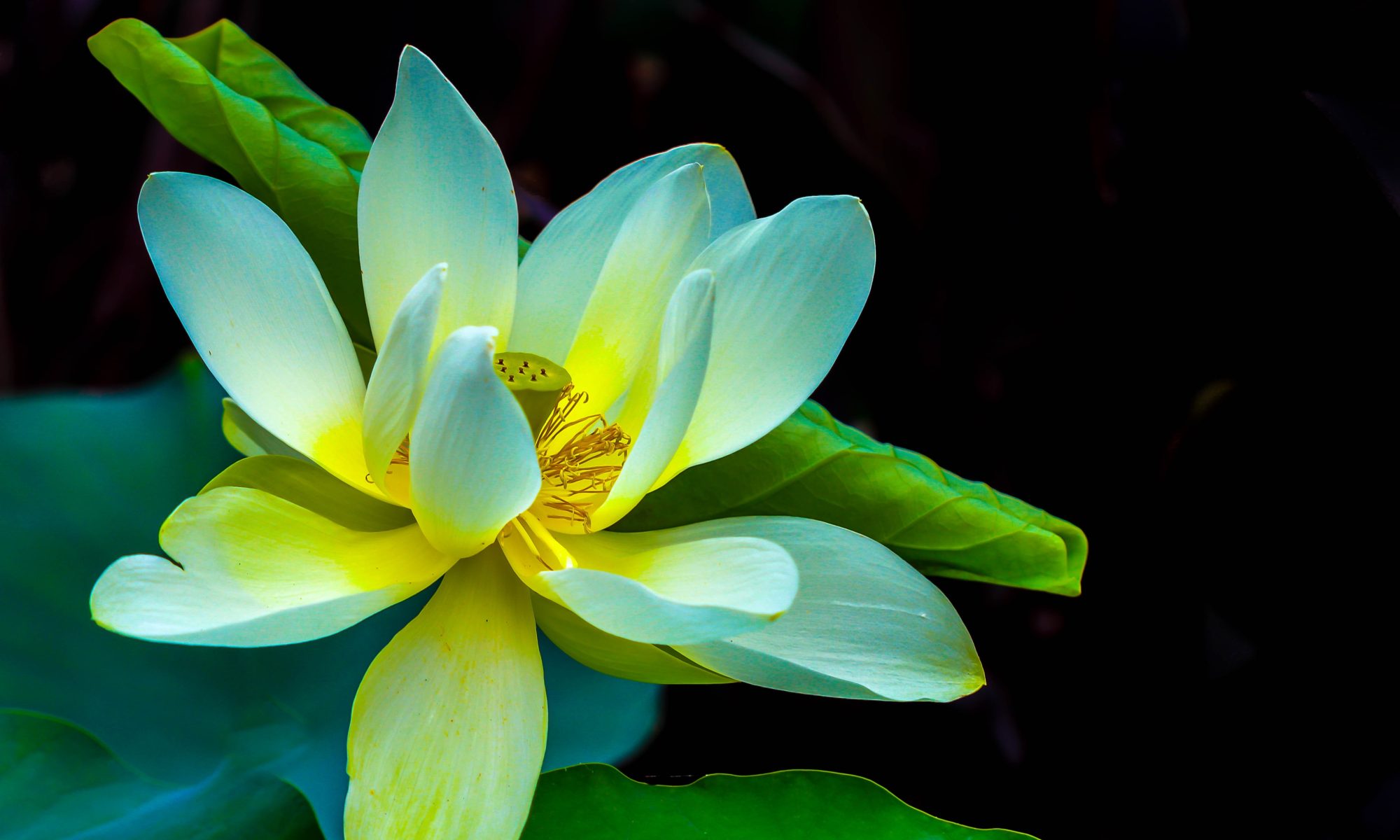Dear Kalyanamittas,
Below are the outline short notes and audio links to our 11th Sept 2018 Tuesday class recording for sharing by all:
Outline short notes link: https://broteoh.com/wp-content/uploads/2018/09/Short-Notes-Teoh-Tue-180911.pdf
Bro Teoh’s Tues class Sep 11, you can download at below audio links:
https://broteoh.com/wp-content/uploads/2018/09/Teoh-Tue-180911.mp3
or at:
https://www.dropbox.com/s/txtu56dxvs1o8b6/Teoh%20Tue%20180911.MP3?dl=0
|
www.dropbox.com Shared with Dropbox |
||
Bye! and with metta always,
Teoh
From: Teoh Kian Koon <teohkiankoon@hotmail.com></teohkiankoon@hotmail.com>
Sent: 17 September 2018 03:41
Subject: Re: 11th September 2018 Tuesday Talk outline Short Notes
Dearest Soo Yee and all,
Thank you for your below very good outline short notes and I am please to forward herewith the slightly edited outline short notes for sharing by all.
Brother Teoh’s 11th September 2018 Tuesday Talk outline Short Notes
Book Reference: The Buddha and His Teachings – The Working of Kamma (Chapter 20, Page 360)
-
- Bhavanga – is a life continuum or mind stream. A type of consciousness, below the threshold of sense consciousness, that just flows like a continuous undercurrent when there is no intruding sense activity (i.e. impinging sense data like sound/vibration to trigger off the hearing consciousness).
- Unimpinged – Past Bhavanga (Atīta Bhavanga)
- Impinging – Vibrating Bhavanga (Bhavanga Calana)
- Bhavanga – is a life continuum or mind stream. A type of consciousness, below the threshold of sense consciousness, that just flows like a continuous undercurrent when there is no intruding sense activity (i.e. impinging sense data like sound/vibration to trigger off the hearing consciousness).
- When we rest/sleep the mind performs a clear-out leading to recuperation of mind:
- Built-up (or accumulated) fear, phobias and scars of memory are released through our subconscious and unconscious states to bring about order to the mind;
-
- Dreams are an example of such releases.
- When the Bhavanga stream of consciousness is arrested/Impinged (Bhavanga Upaccheda):
- Sense-door consciousness (Āvajjana) steer towards the sense data/object
- Sense consciousness (Panca Viññāna) arises
– e.g. visual consciousness (cakkhuviññāna) arises which sees the object - followed by a moment of the sense object’s reception (sampaticchana)
- the investigating thought-moment (santīrana) examines the perceived object
– the process of knowing the object; relating to memory / learning / past experiences - followed by the determining thought-moment (votthapana) when discrimination is exercised and freewill may play its part:
– with wise attention (yonisomanasikāra), it becomes moral,
– with unwise attention (ayonisomanasikāra), it becomes immoral - 7 Javana/stages of the determining thought-moments decide the nature of Karma:
– all these thought-moments are similar, but the potential force differs.
– if it occur in the 1st thought moment then if there is no condition for its fruition in this present life then the karmic potential will cease to be after that life.
– if it occur on the 7th thought moment then if there is no condition for its fruition in the present life and the next life then the karmic potential will cease to be after that.
– if it occur between 2nd – 6th determining thought moments then its karmic potential is forever present. - This entire thought-process, which takes place in an infinitesimal fraction of time, ends with the registering consciousness (tadālambana) lasting for 2 thought-moments.
– a single thought-process is completed at the expiration of 17 thought moments.
– this process is multi-dimensional (e.g. multiple thought-processes, all at different stages happening very fast and some may not even complete the 17 thought moments but continue to spawn off new thought-processes in between depending on condition.)
- Sis Alicia asked whether these 17 thought moments are similar to the 8 types of consciousness. Brother Teoh answered no but said that they are related. The 17 thought moments if fully completed will form a thought process and depending on the mental intention associated with that thought process the type of consciousness will be classified accordingly.
- Bro Teoh recommends to the class kalyanamittas to read ahead of the next class in order to have more active participation during the next Tuesday class discussion.
- Have gratitude for what you have (e.g. a healthy form and mind) and able to make use of what you have to the fullest, to cultivate wisdom, compassion and mindfulness is true blessing and understanding to live life.
